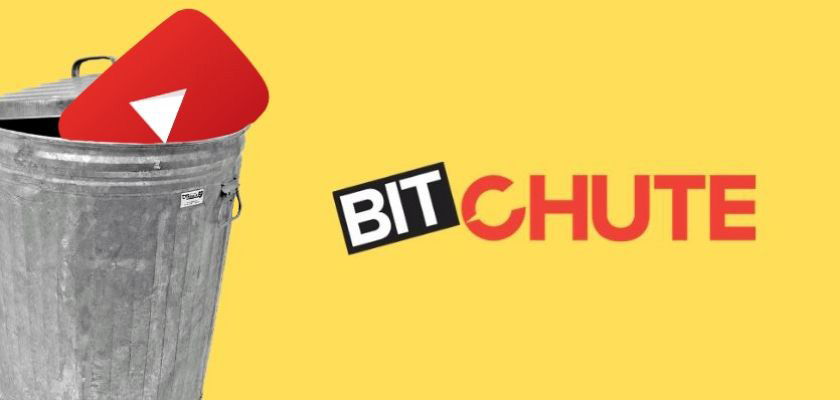It’s very difficult, nay impossible, to break into the market of something as well-entrenched as established as YouTube.
With all the power and sway of Google, its parent company, YouTube is not only the most popular platform on the planet but also one that is criticized as feeling mighty enough to go about “deflatforming” people and groups based on its own political and social bias.
But, as Leonard Cohen might have put it, there is a crack in everything; that’s how the light gets in.
And many folks are looking for that light. This is precisely where things can get tricky for giants and give a chance to alternatives and competitors. They were will always be that one moment that breaks the camels back, with the potential to turn things around and give users more choice and freedom.
A few days ago, YouTube removed an investigative report by Project Veritas critical of Google and its apparent biases. Prior to that, YouTube demonetized the channel of popular conservative comedian and commentator Steven Crower.
Now, Ali Alexander of Cultture has announced a partnership involving BitChute – a video hosting service that relies on peer-to-peer technology.
https://twitter.com/ali/status/1143566394392530944
In a tweet, Alexander said that successful software entrepreneur Ryan Kulp “outlined a tool to allow YouTubers to back up and leave or mirror their channels from YouTube to Bitchute.”
BitChute itself came to be as a way to work around what was perceived as YouTube’s censorship. It was founded as a way to avoid content rules that are enforced on similar platforms, and as “a safe alternative” – in terms of guaranteeing free speech to its users.
Alexander’s tweet includes a link to the tool where YouTube users can find instructions on how to import their content with a single click – including title, description of the video itself, and other components.
The project, launched by BitChute, Kulp, and Culttture – which, by its own words – chronicles the counterculture movement of free thinkers – is free and allows users to import unlimited videos from YouTube.
The project, a work in progress, also promises many new features and improvements, such as automatic YouTube backups within ten minutes, imports of entire YouTube channels instead of one video at a time, and others.










